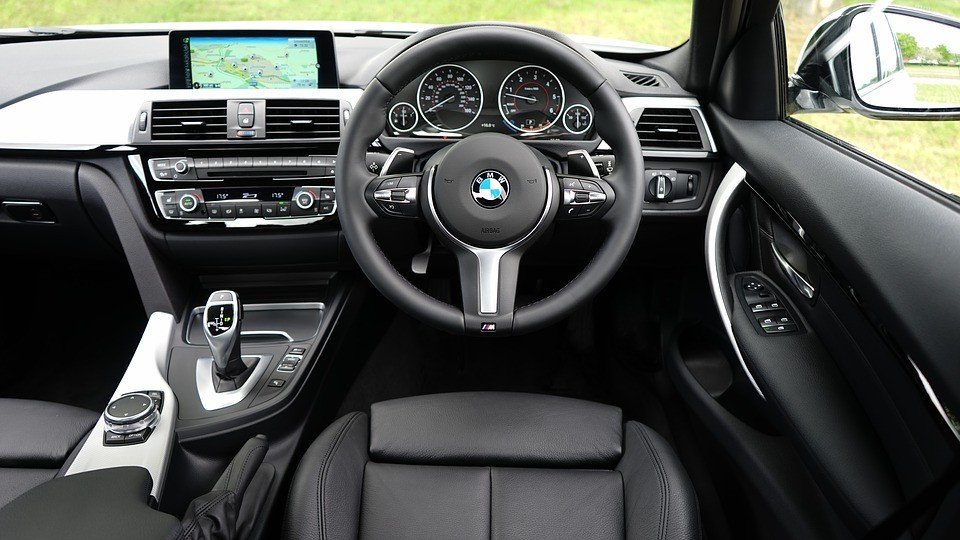
The traditional handbrake as we know it appears to be coming to an end and is slowly being pushed to the motor museum along with cassette tapes, carburettors and chokes! Several of the big players in the car world have already declared themselves hand brake lever free with many others showing signs of following suit.
In 2019, fewer than 1/3 of cars on sale have a manual handbrake with most now sporting the new electronic counterparts. Manufactures such as Jaguar, Land Rover, Mercedes, Porsche and Lexus have no models with a manual hand brake in their 2019 stock portfolio. Other manufactures such as Audi, VW, Seat and Skoda have favoured the new electronic systems with the majority of their vehicles now fitted with buttons or automatic handbrakes.
The new form of handbrake (or holding/parking brake) come in 3 core types, the basic push button replaces the conventional hand brake. There is also the push button with automatic release and then more advance systems which also include fully automatic operation as well as hill start assistance.
Recent studies have shown that only 30% of cars on the market currently have a traditional hand lever operated brake. The studies also show that out of the mainstream manufactures only Suzuki and Dacia have traditional handbrakes on all their models. This just further re-enforces the current trend of moving towards electric braking systems.
The jury is out as to whether this is a sensible move, or a worrying mistake and arguments can be made either way.
On one hand the new systems save space, reduce user error (e.g. the brake not being fully released) and offer some safety benefits such as hill assist. On the other hand though the systems remove the element of the handbrake being used in emergencies, some systems lack the finer control that was once had with a traditional handbrake and some even believe it will mean drivers concentrate even less as more and more controls are automated.
Of course, by far the biggest negative is the costs involved in working with electronic rear brakes. Not only are the components expensive, for example a £20 hand brake cable is replaced with a £400 motor but simple tasks such as replacing the rear brake pads now require a diagnostic machine to carry out settings and adjustments on the motors.
Some may believe this paves way for a new class of vehicle whereby many of the controls are removed and automated. Some manufactures and technology giants such as Uber and Google have been pushing for a new classification of vehicle where a steering wheel, mirrors and pedals aren't required... The future is likely to be a very different place for the vehicle market.
Fortunately we are equipped to handle virtually all electronic braking systems from simple pad replacements through to advance diagnostics of electric calipers, basic settings and calibrations. If you have any fault or maintenance for your braking system please get in touch.